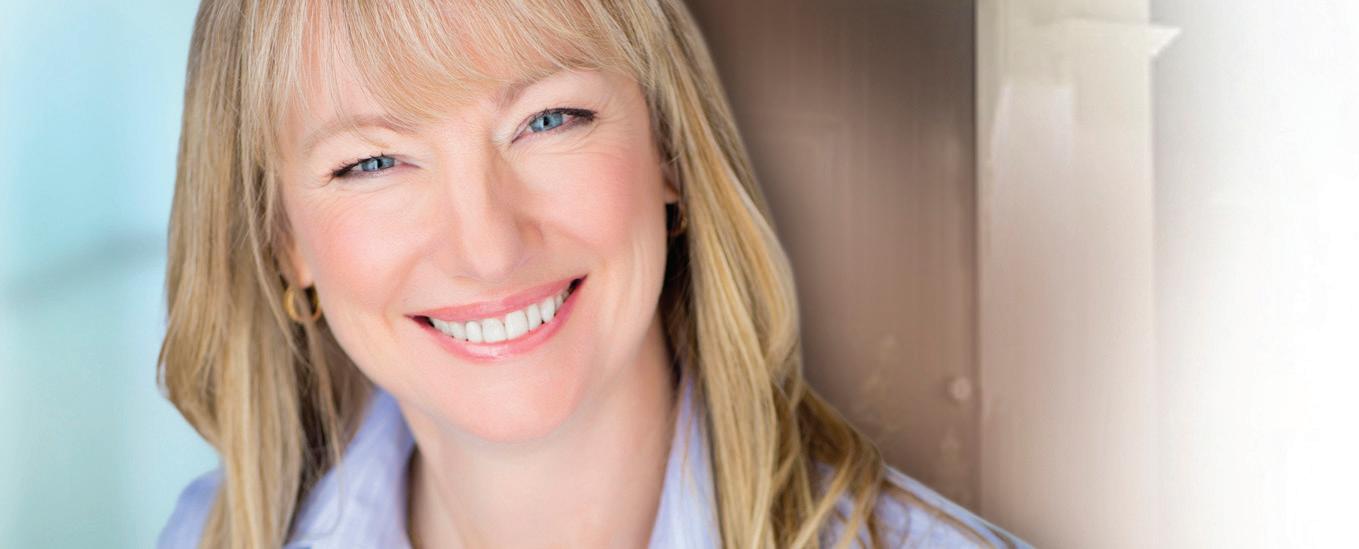
5 minute read
REAL ESTATE
REAL ESTATE Reverse mortgages helpful but are not for all
by Carlito Pablo
Advertisement
Canadian homeowners are sitting on a pile of wealth.
The value of residential properties across the country increased from at least $3.8 trillion in 2011 to more than $4.8 trillion in 2015.
Although Statistics Canada has yet to update these numbers, the picture is sufficiently clear. Moreover, Canadians have a huge equity in their homes. (Home equity is the difference between the current value of a home and how much one owes on a mortgage or loan.)
Home equity increases in two ways. First, the more payments an owner makes to chip away at the loan, the higher the person’s equity gets. Second, it rises as the value of the home increases.
Based on another set of numbers by Statistics Canada, homeowners have an average home equity of 73.69 percent on their home’s value as of the second quarter of 2019.
Michelle Byman is a Vancouver mortgage broker with more than 25 years of experience. Among the clients she has worked with are seniors who have significant equity on their homes. However, Byman related, a number of them were struggling to get by because they have limited incomes as pensioners.
For many, getting a reverse mortgage worked.
“It makes their lives easier,” Byman told the Straight in a phone interview.
With a reverse mortgage, a homeowner who is at least 55 years old can tap into the equity by borrowing up to 55 percent of the value of the property.
“You can take money out of your house tax-free,” Byman said.
One does not have to make regular payments on the loan. The mortgage is not re-
According to Vancouver mortgage broker Michelle Byman, those who wish to make use of the equity built up in their homes have options, include reverse mortgages and refinancing. payable until the homeowner sells or dies.
“It doesn’t affect your pensions or anything because it is your money, and it comes out of your house,” Byman said.
For a long time, there was only one financial institution that offered reverse mortgages in Canada: the HomeEquity Bank.
Reverse mortgages in the country started in Vancouver in 1986 when accountant William Turner came up with the idea of a Canadian Home Income Plan, or CHIP.
Turner founded the CHIP Corporation, which eventually offered its product in all provinces. The company became the HomEquity Bank (and, later, the HomeEquity Bank). The CHIP name became CHIP Reverse Mortgage.
On January 14, 2020, HomeEquity Bank announced that it had processed $820 million in new reverse mortgages in 2019.
In addition, the company noted that it had, at the time, a portfolio of about $4 billion in reverse mortgage loans.
In 2018, Equitable Bank entered the reverse mortgage market, becoming the second and only other institution to offer the service. “It’s nice to have competition,” Byman said of the two players in the industry. Reverse mortgages aren’t the only option available for homeowners who are 55 and older. Online, the Canada Mortgage and Housing Corporation lists three ways to access equity without having to move or sell. One is through refinancing, which CMHC describes as “usually the simplest option”. One can borrow up to 80 percent of the home’s value and repay the loan in monthly installments. “This option often provides the best interest rate,” the housing agency explains.
A second way is the Home Equity Line of Credit. With a HELOC, one can borrow up to 65 percent of the home’s value. Borrowers are required to make minimum monthly payments on the interest. The interest rate is variable. The line of credit can be combined with a regular mortgage to a maximum of 80 percent of the home’s value.
The third one is a reverse mortgage. It’s a “more complex contract”, according to CMHC. Moreover, “This option is ultimately more expensive, and seeking independent legal advice is highly recommended.”
In the interview, Byman noted that interest rates on reverse mortgages are higher than standard home-purchase loans.
“People have to keep in mind that it is a compounding interest,” she said.
This means that interest accrues and the loan keeps getting bigger. As a result, the equity gets less and less.
“If somebody is figuring that they’re going to leave the full equity in their house to their kids, then it’s probably not a good idea,” Byman said.
She also said that a reverse mortgage may not be a good idea for homeowners who are still able to make regular payments on their loans.
The fixed rate for a five-year mortgage is currently less than two percent. According to Byman, a five-year rate on a reverse mortgage is presently at least 3.49 percent.
“If people can afford to make their mortgage payments, why would you do a reverse mortgage at this time?” Byman said.
As with a lot of things, she noted, a reverse mortgage is not for everybody. “Neither is a Ferrari,” she added. g
– Michelle Byman
4 874 E GEORGIA ST I $999,000
2 bed, 1 bath, 1,189 SF renovated Penthouse Co-op Terrific floor plan fts. fir floors, bright open kitchen w/ quartz counters, island, exposed brick & integrated fridge. The spacious living room has a gas fireplace & French doors opening to a Juliet balcony. Features a covered south-facing deck with a canopy of mature grape vines. Oversized Principal bedroom was originally 2 bedrooms & has a stained glass window & mountain views OPEN BY APPT: THURS Jan 28th, 5 - 7pm OPEN BY APPT: SAT Jan 30th, 2 - 4pm OPEN BY APPT: SUN Jan 31st, 2 - 4pm 604 983 E HASTINGS ST I $489,000


1 bed + den, 1 bath, 575 SF Strathcona Condo Open gourmet kitchen with s/s appliances & stone counters + a balcony with bright North/East/South views Perfect for 1st time buyers, investors, young families or anyone looking to WFH. Close to Downtown, shopping, and some amazing amenities. BONUS: Parking, personal bike storage locker OPEN BY APPT: THURS Jan 28th, 5 - 7pm OPEN BY APPT: SAT Jan 30th, 2 - 4pm OPEN BY APPT: SUN Jan 31st, 2 - 4pm
STONEHOUSE
TEAM REAL ESTATE ADVISORS
604 255 7575
EMAILUS@STONEHOUSETEAM.COM









